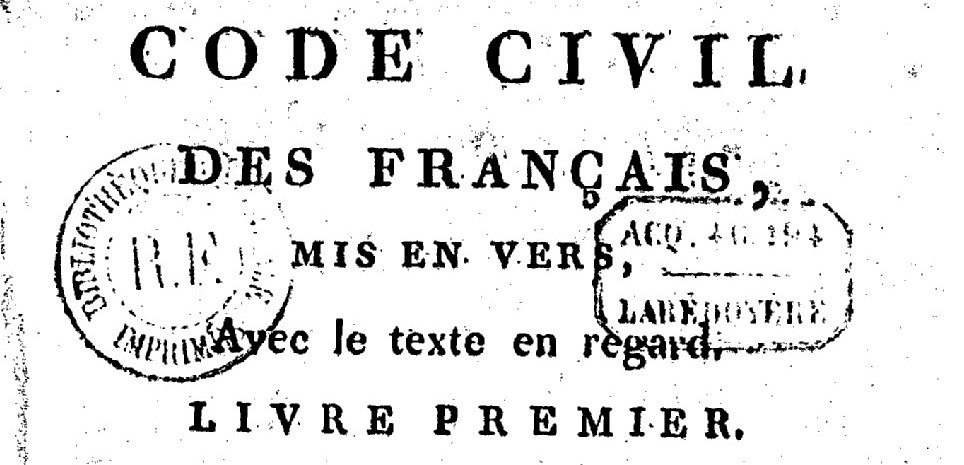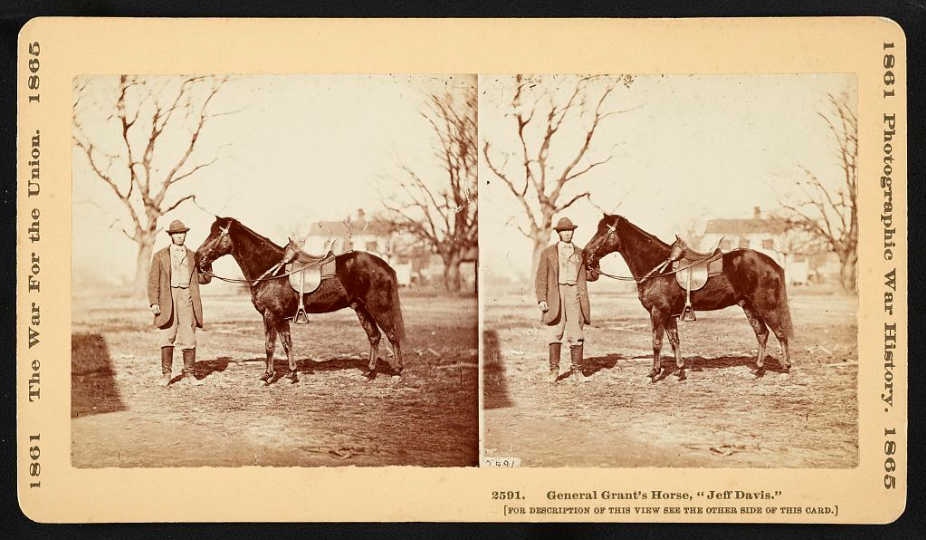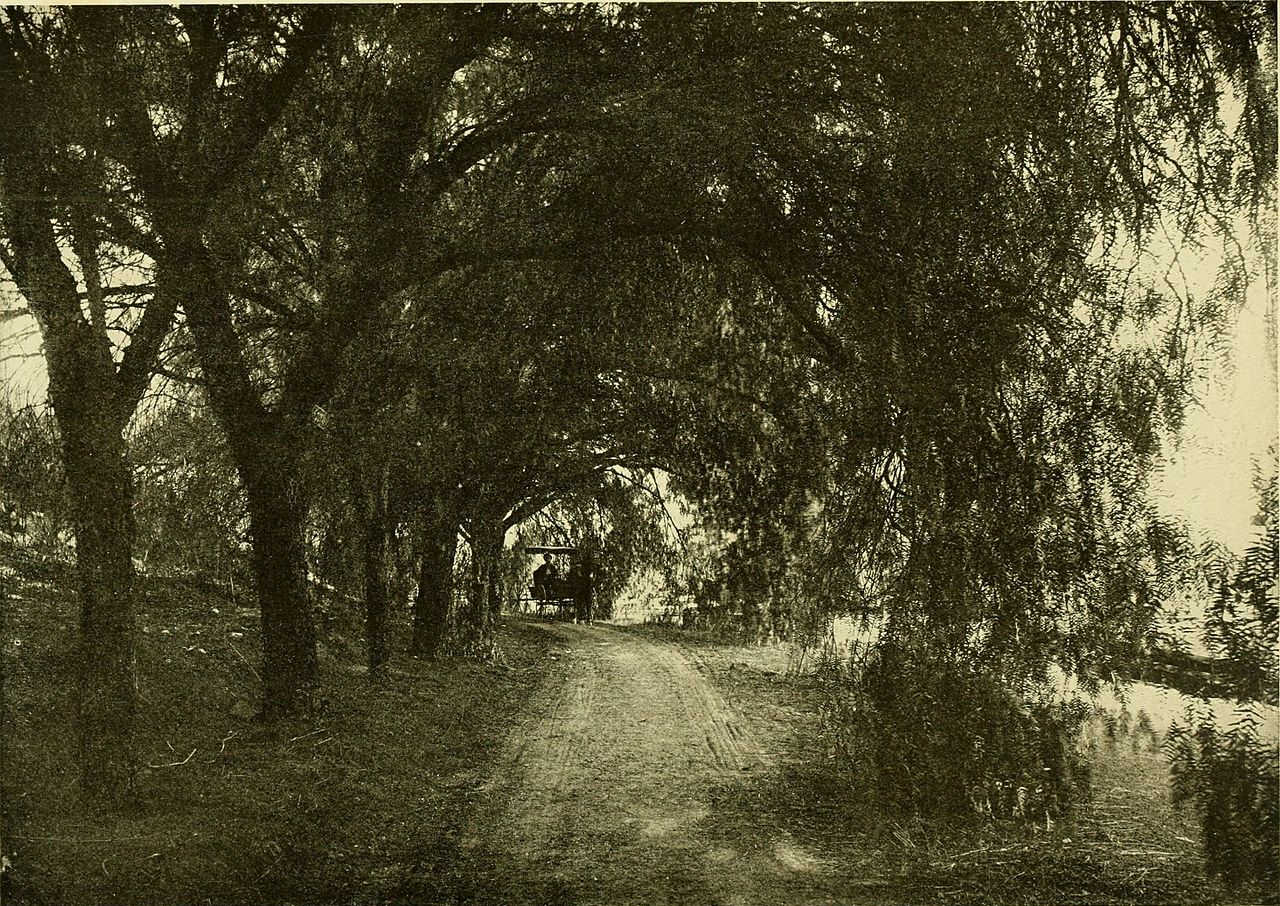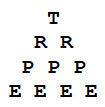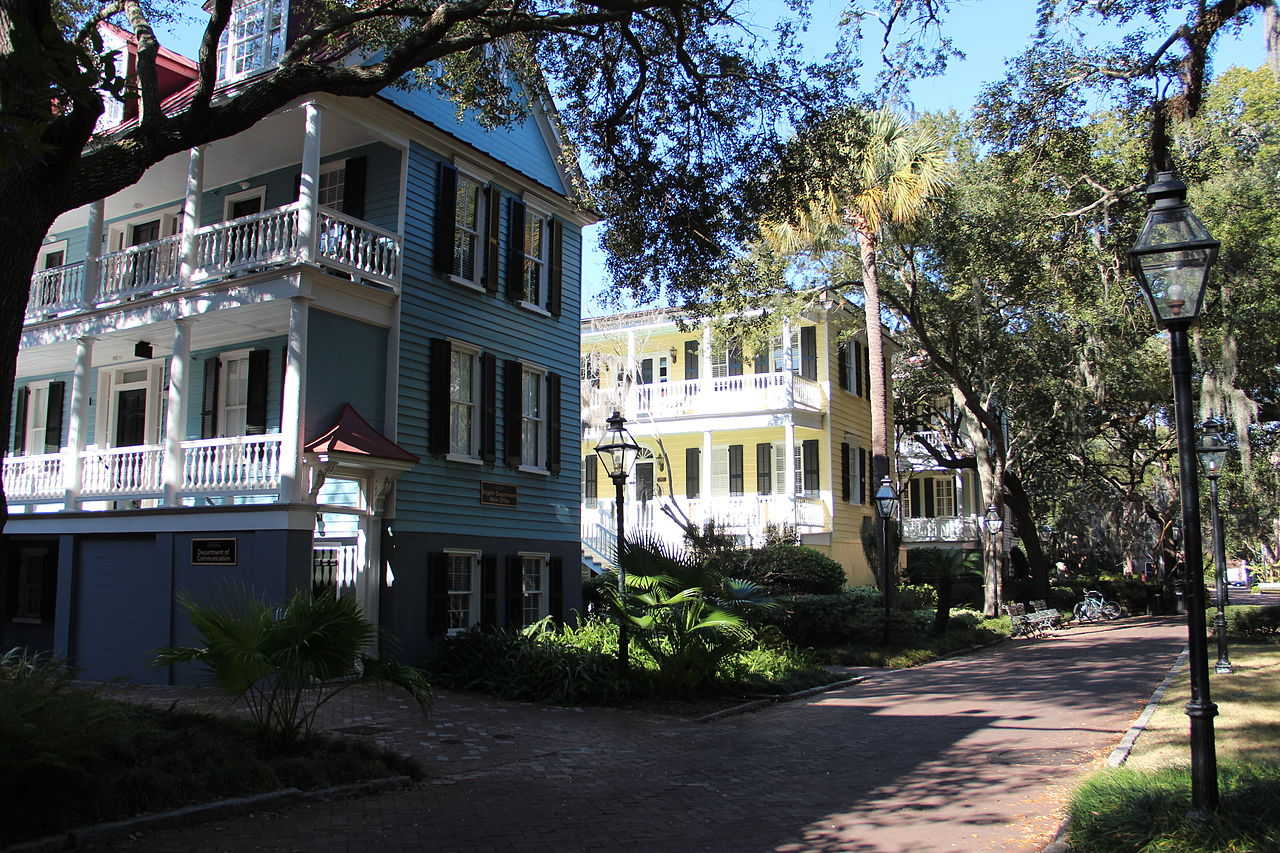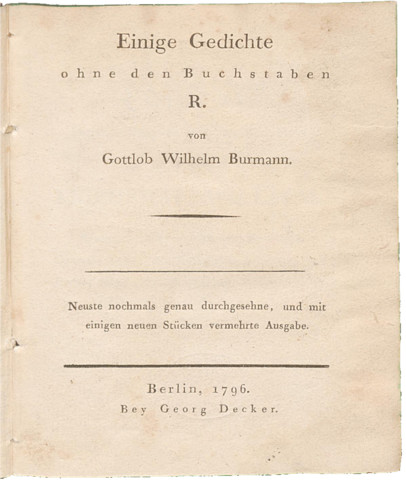Doubtful but entertaining:
Several sources define vacansopapurosophobia as “fear of blank paper” — it’s not in the Oxford English Dictionary, but it’s certainly a useful word.
I’ve also seen artiformologicalintactitudinarianisminist, “one who studies 4-5-letter Latin prefixes and suffixes.” I don’t have a source for that; it’s not in the OED either.
In Say It My Way, Willard R. Espy defines a cypripareuniaphile as “one who takes special pleasure in sexual intercourse with prostitutes” and acyanoblepsianite as “one who cannot distinguish the color blue.”
In By the Sword, his history of swordsmen, Richard Cohen defines tsujigiri as “to try out a new sword on a chance passerby.” Apparently that’s a real practice.
And one that is in the OED: mallemaroking is “the boisterous and drunken exchange of hospitality between sailors in extreme northern waters.”
(Thanks, Dave.)

